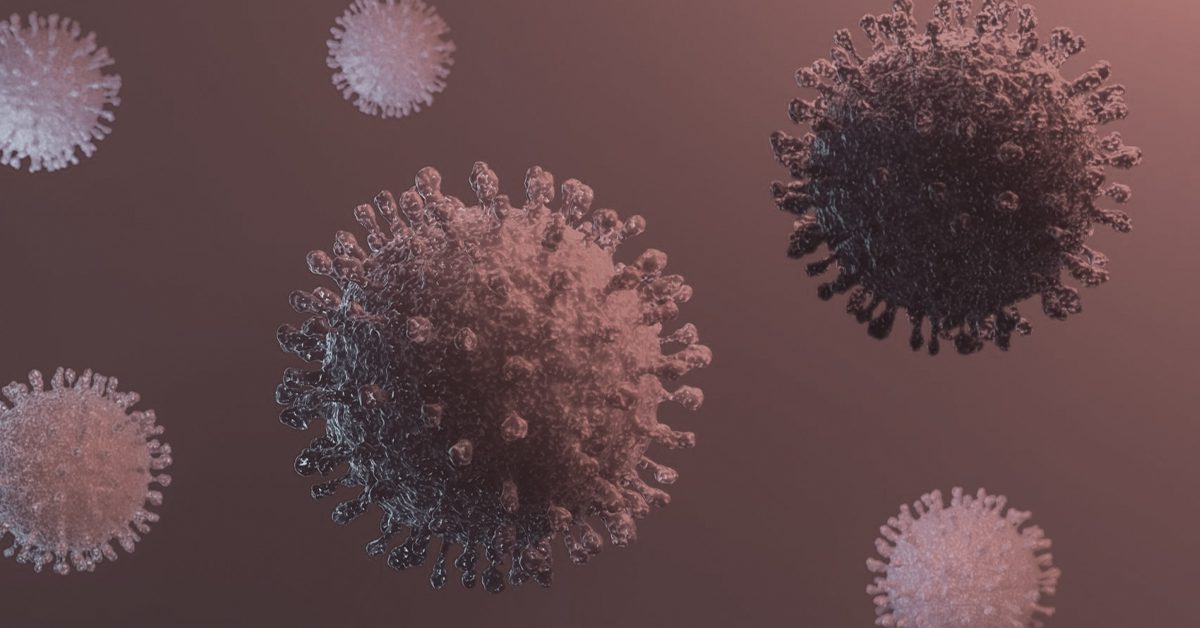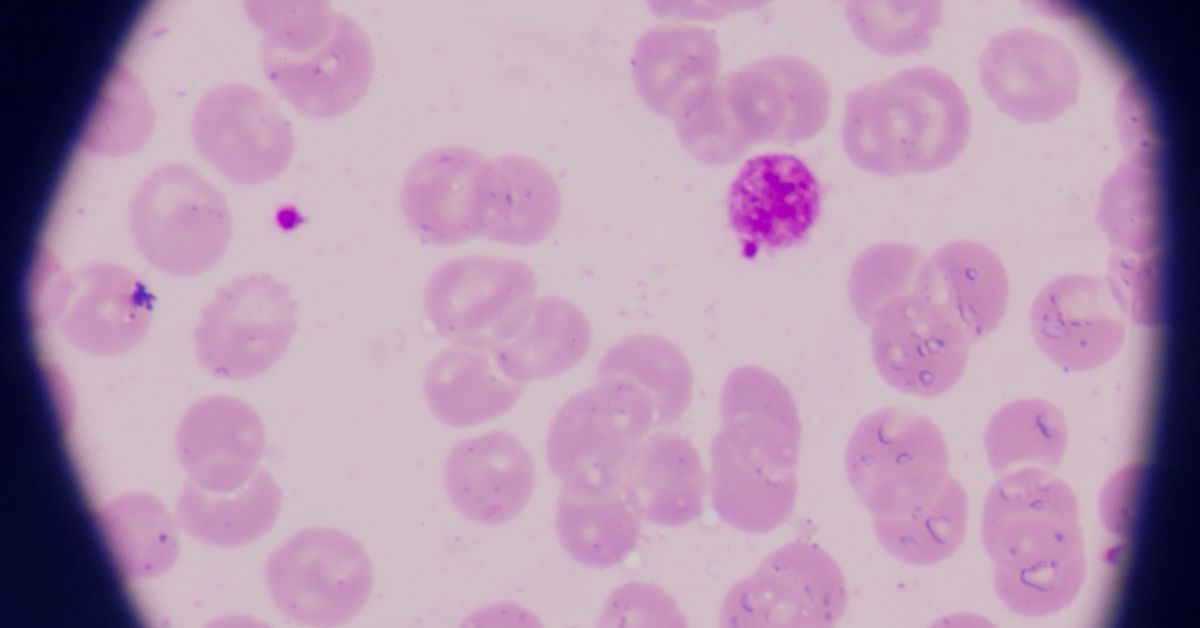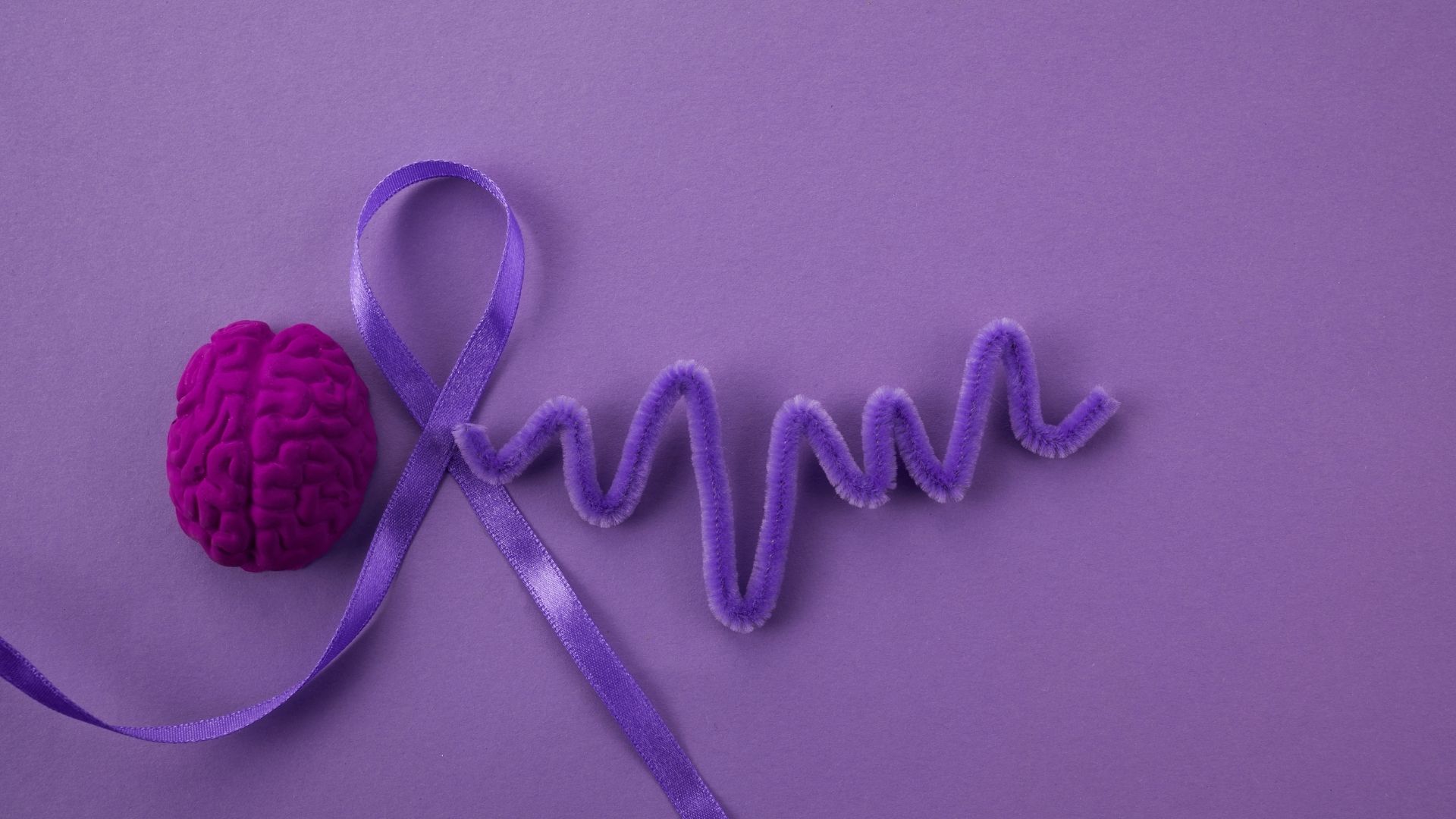
Managing epilepsy during COVID-19
Epilepsy is the most common serious neurological disease affecting over 50 million people worldwide and an estimated 5 million plus people in India.

Epilepsy is the most common serious neurological disease affecting over 50 million people worldwide and an estimated 5 million plus people in India.


Evaluating R in some detail, we found he had severe deficits in cognition, with very poor ability to remember any new information. Indeed, he took quite a while to even become familiar with our team that was meeting him each day.


A therapeutic alliance and an interdisciplinary approach work well for patients with epilepsy. Epilepsy was once considered a manifestation of gods, demons, spirits and their
Epilepsy is a chronic disorder that causes unprovoked, recurrent seizures. A seizure is a sudden rush of electrical activity in the brain.
While the diagnosis is clinical, brain imaging, electrophysiology, blood tests to rule out reversible causes or indeed contributing factors and a thorough pre-rehabilitation assessment including evaluation for co-morbidities (associated conditions) will be required in all instances. At Buddhi Clinic our assessment includes standard outcome indicators for activities of daily life, quality of life, neuro-disability and mental health.
At Buddhi Clinic we are able to bring together a unique skill set in managing epilepsy & seizures. We successfully combine our special neuromodulation procedure transcutaneous Auricular Vagus Nerve Stimulation tA-VNS (an India first) with drug treatment, psychological interventions & range of Complementary & Alternative Medicine (CAM) interventions- Ayurveda, Naturopathy & Yoga for a unique, holistic, never before solution.
Anyone can develop epilepsy, but it’s more common in young children and older adults. It occurs slightly more in males than in females.
BUDDHI CLINIC PRIVATE LIMITED © 2023 All rights reserved